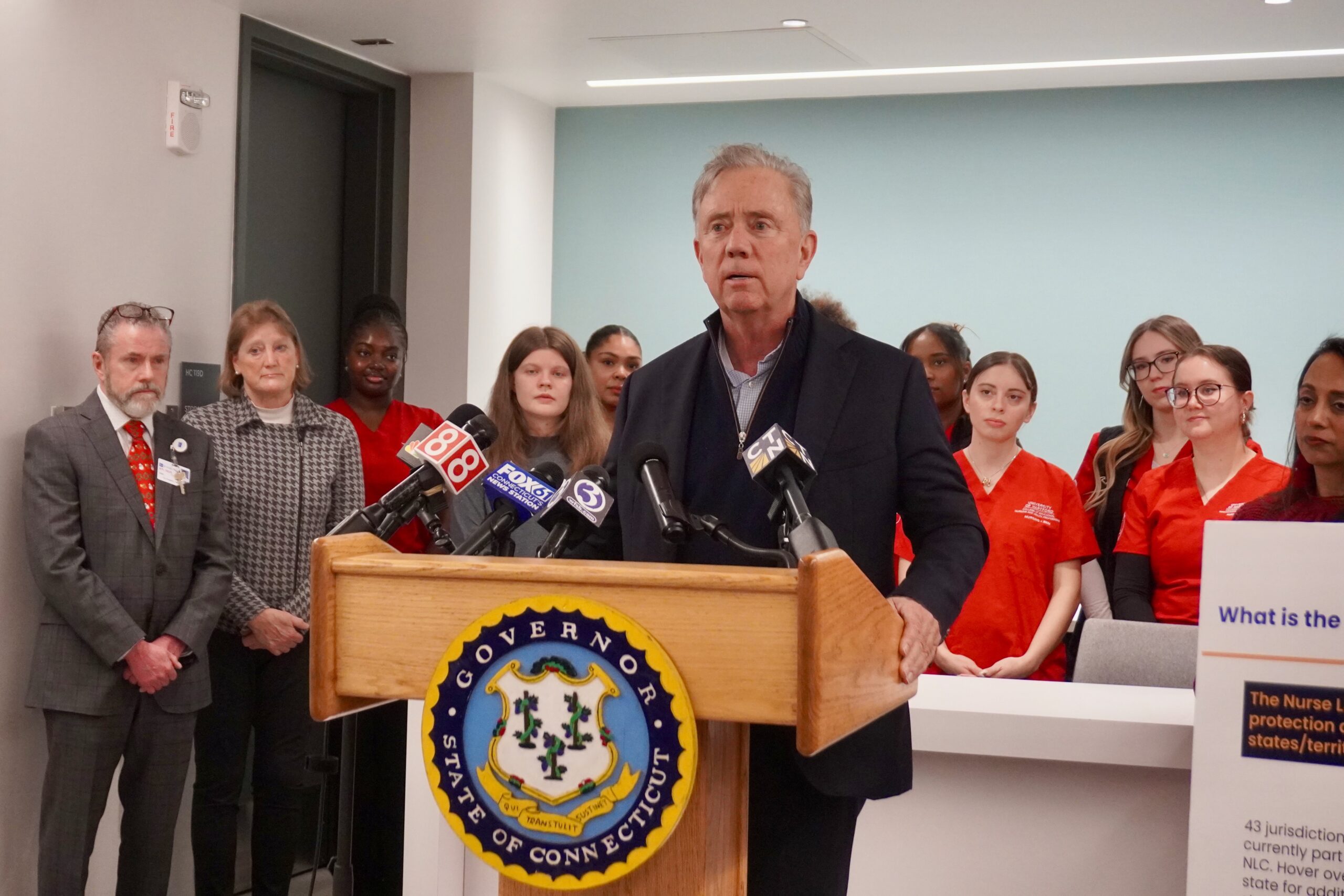Money: Why Probate Doesn’t Have to Be Scary

Audio By Carbonatix

Courtesy of Jay Gershman, Retirement Visions LLC
Sponsored advertising content provided by Retirement Visions LLC
By Jay Gershman, Retirement Visions LLC, West Hartford

Jay Gershman. Courtesy image
Let me start off by saying that I am a financial planner, not an attorney. However, over the past several decades of working with clients, I have had the opportunity to help clients decide how their estates will be distributed and reviewed many wills and trust documents. Through these interactions, I have come to realize many people inherently fear the probate process and have incurred potentially unnecessary expenses associated with more complex legal documents such as trusts, I wanted to take this opportunity to explore the big picture.
First, let’s start with the typical reasons why a trust is beneficial.
- A trust allows assets to pass without the public being privy to the details, as is the case with assets that go through probate.
- A trust allows the grantor to control how the funds are received and over what period of time, while probate generally only allows for assets to be received fully in one lump sum.
- A trust is commonly used to own real estate in another state. This strategy avoids the necessity to go to another probate court, often far from the primary residence of the survivor or executor.
- A trust is helpful if a beneficiary has had legal or creditor issues and has assets attached, such as a person who has served time in jail and may have to pay for their incarceration.
- A trust can potentially avoid the probate process and probate fees. Unfortunately, the attorney costs associated with the trust administration at death can be equal to the legal and probate costs of a traditional estate.
So now that we know some of the benefits, let’s look at the drawbacks.
- People who create trusts that will hold assets for a period of time do not often realize that once they pass away, the trust will have its own tax return, requiring the services of a tax preparer.
- Trusts also have a separate tax schedule that pays higher taxes than most individuals if the income remains in the trust.
So what can you do to avoid a complicated probate process, fees, and a lot of paperwork? Let’s look at some simple tips regarding the ownership and beneficiaries of assets.
- For all retirement accounts and annuities, be sure there is a beneficiary and the asset will generally not go through probate.
- For taxable accounts, be sure that they are owned jointly or add a Transfer on Death (TOD) designation that acts like a beneficiary designation.
- Own autos jointly or add a beneficiary to the back of the registration.
- Be sure to keep the net estate at less than $40,000 of net assets. Remember not to count any joint assets or assets with direct beneficiaries.
Finally, let’s look at some quick examples of what typical estates cost to probate versus administering using a trust.*
- A simple estate worth less than $40,000. The average will for a married couple runs between $600 – $800. According to the Connecticut Probate website, an estate less than $40,000 can be done without an attorney with court costs of less than $200.
- A simple estate worth greater than $40,000. For a $200,000 estate, basic legal documents can cost between $1,100-$1,500 plus probate court costs are approximately $815. An attorney who assists with the probate process can charge as little as $1,500 if your finances are organized and as much as $3000 if you’re not.
- An estate that uses a trust. Generally, the legal costs for creating a basic trust can run approximately $2,000 more than just the basic will. Most people employing wills are under the impression that their legal costs end with the extra upfront expense of the trust documents. Unfortunately, upon death, most attorneys charge to administer the trust document, which can vary in cost but is often approximately $2,000. Bottom line: $4,000 to avoid between $200 and $2,300 of probate costs in order to keep your matters private.
*Attorney fees can vary widely, this discussion is based on our client experiences.
The debate regarding wills and trusts is not meant to be one size fits all, but there are ways to organize assets in a way to possibly avoid a complicated probate process or unnecessary legal work and expense. Discussing your personal wishes as to how you would like to see your hard earned money distributed at your death is often painful but talking with your planner before speaking to an attorney can often help bring clarity to the decisions you need to make.
Jay Gershman is the Owner and Founder of Retirement Visions LLC, a West Hartford-based financial planning firm that focuses on comprehensive life planning and financial management. For more information, visit www.allset2retire.com. Information and advice are for guidance only and opinions expressed belong solely to the author. Securities offered through Securities Service Network, LLC. Member FINRA/SIPC. Fee based services are offered through SSN Advisory, Inc., a registered investment advisor.
Like what you see here? Click here to subscribe to We-Ha’s newsletter so you’ll always be in the know about what’s happening in West Hartford!




